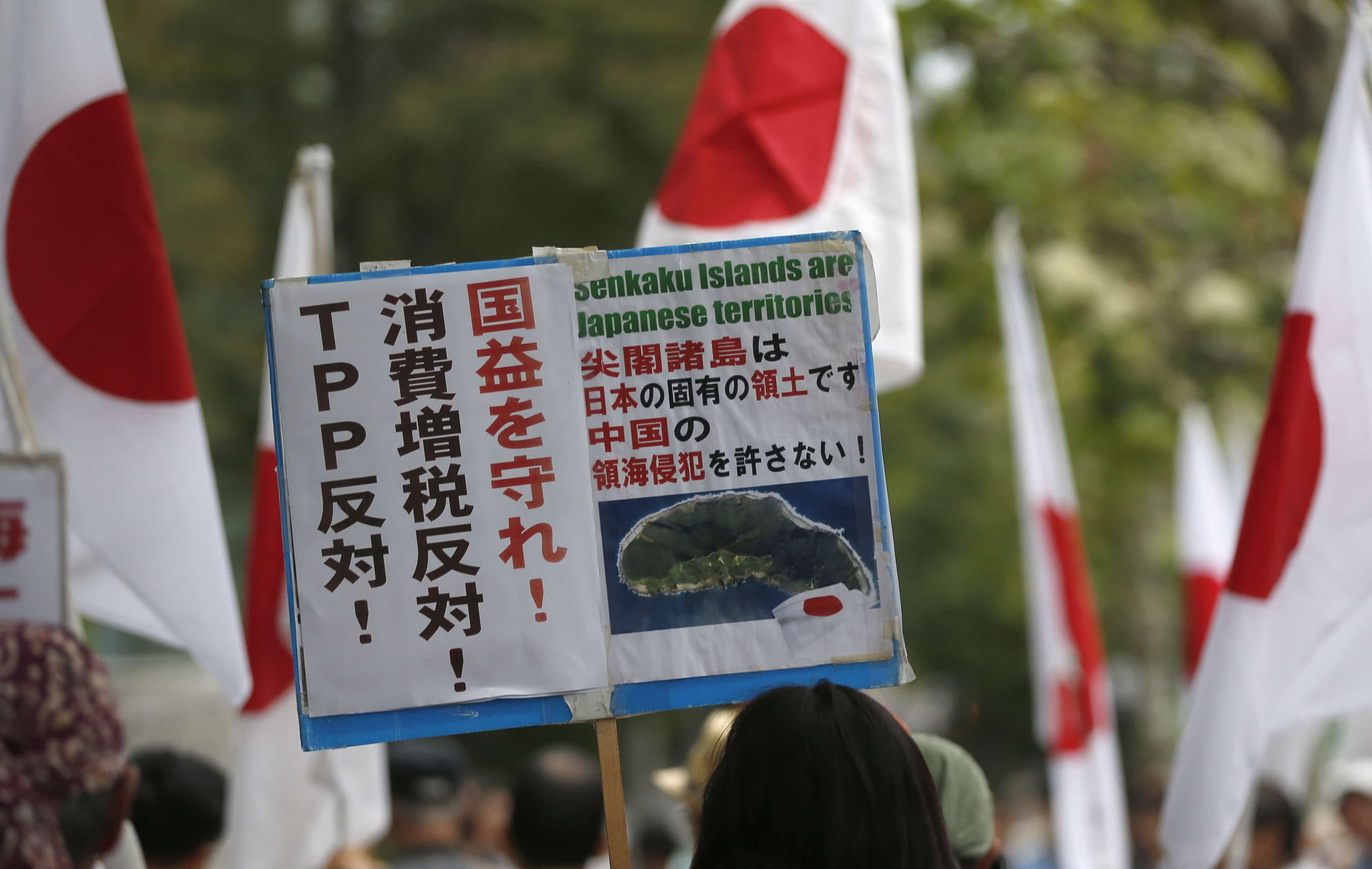ARTICLE 19 has released a detailed legal analysis of the recently leaked Trans Pacific Partnership Agreement, in which it reviews specific provisions relating to copyright and compliance with international human rights standards.
UPDATE from Electronic Frontier Foundation: Senators deal major blows to Obama’s fast track plan, but the fight isn’t over (31 January 2014)
On 28 November 2013 ARTICLE 19 released a detailed legal analysis of the recently leaked Trans Pacific Partnership Agreement, in which it reviews specific provisions relating to copyright and compliance with international human rights standards.
On 13 November, Wikileaks published a full draft of the Intellectual Property IP Chapter of the Trans Pacific Partnership Agreement (‘TPP’), a multilateral trade agreement negotiated largely in secret by 12 countries in the Asia Pacific region. The information included in the document provides, for the first time, an insight in the positions of the 12 countries (the United States, Australia, Brunei Darussalam, Canada, Chile, Japan, Malaysia, Mexico, New Zealand, Peru, Singapore, and Vietnam), which are party to the negotiations of the TPP.
Internet users’ rights at risk
The leaked text confirms many of the concerns previously expressed by ARTICLE 19 and other civil society groups, namely that the United States-led proposals outlined in the Intellectual Property Chapter – which were often supported by Australia and Japan – would severely infringe Internet users’ rights to freedom of expression, privacy and due process online.
If adopted, ARTICLE 19 believes that signatory countries would be compelled to adopt far more restrictive copyright enforcement measures than are currently required under international copyright treaties. Several countries, such as Chile or Canada, could be forced to significantly amend their domestic copyright law in the absence of democratic oversight as the TPP negotiations have been held largely in secret.
Insight into negotiations
At the same time, the leaked text reveals that there are profound disagreements between the negotiating parties, notably concerning copyright terms, intermediary liability, criminalisation of non-commercial copyright infringement and digital protection measures .
In addition, the analysis finds that in contrast to the US’s aggressive proposals, countries including Chile, Canada and New Zealand generally sought to promote more balanced intellectual property policies that better protect Internet users’ rights. It is therefore questionable whether the TPP negotiators will achieve their target of concluding the agreement by the end of 2013.
It is clear that the secrecy surrounding the TPP negotiations is motivated by attempts to avoid public scrutiny over this document. Hence, as the negotiations draw to a close, ARTICLE 19 calls on the TPP member states to release a complete, up-to-date, draft text of the TPP so as to enable meaningful scrutiny of the agreement by all stakeholders concerned.
We further urge the Trans Pacific Partnership Agreement negotiators to follow our recommendations regarding the protection of fundamental rights in the Intellectual Property Chapter of the TPP.
For a full set of recommendations and to access the full legal analysis click here.



